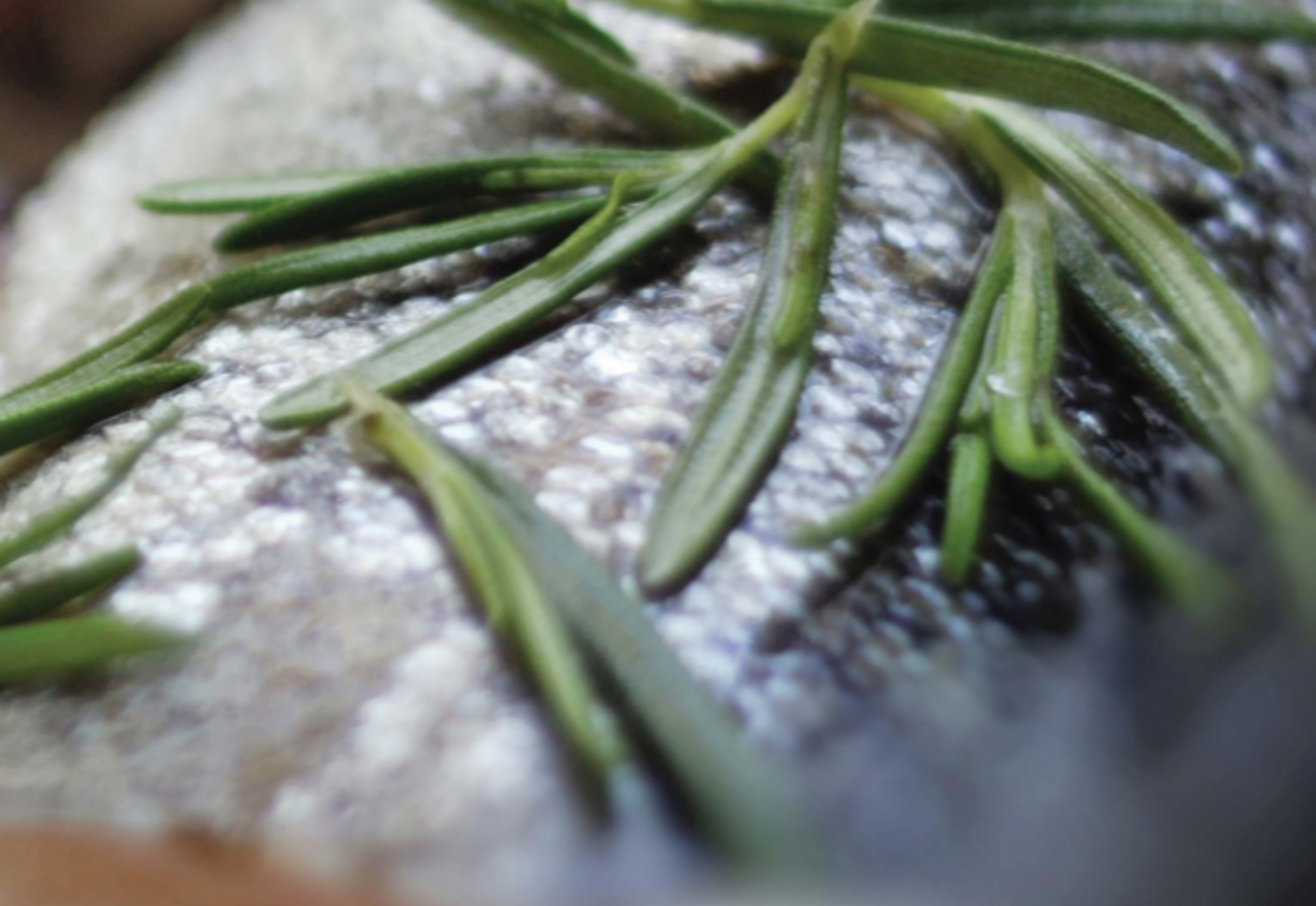Sustainability is difficult in practice
We associate sustainability with food and we want to eat sustainably - but we only buy sustainable food to a limited extent. This is one of the results in the new DCA report "Quality Index 2019" by researchers from the MAPP Centre at Aarhus University.

In 2014, researchers from the MAPP Centre at Aarhus University developed a so-called “quality index”, which is used to map the perceptions of food quality in Denmark. Since then, this tool has been used in an annual questionnaire involving a representative sample of Danes participating in grocery shopping and cooking.
Each year, the survey focuses on a new theme. In "Quality Index 2019”, sustainability is the focal point.
From sustainable notion to action
As something new, the researchers have compared data from the questionnaire with data from a consumer panel's actual purchase of quality food, and this provided interesting results:
- Not only can we see that food plays a major role when Danish consumers think of sustainability, but also that sustainable food is largely associated with a reduced carbon footprint and environmentally friendly packaging - and to some extent also with ecology and animal welfare. However, our data from the consumer panel show that sustainability does not play a major role when consumers buy products such as flour, cold cuts or poultry, says Research Assistant Julie Hesselberg from the MAPP Centre, who is one of the researchers behind the report.
Although the Danes only to a limited extent make sustainable choices in the supermarket, the new "Quality Index 2019" also shows that a majority have intentions of changing behaviour:
- The majority of the Danes state that they want to eat more sustainably than they do today. Our results indicate that consumers lack knowledge about sustainability and that it may be difficult to distinguish between more or less sustainable foods. This may be part of the explanation. In addition, the Danes' willingness to pay for quality-labelled foods is generally limited.
Potential for sustainable food
The researchers have divided the consumers into three segments in the study.
About 25 % of the Danes belong to the "quality-conscious" group, who are most engaged in shopping and cooking - and also the most experimental ones in the kitchen and those who are most into natural foods and ecology. At the opposite end of the scale, we find "the unengaged" who care less about grocery shopping and naturalness - and who have fewer skills in the kitchen. About 15 % of the Danes belong to this group. In the middle, we have the "moderate majority" group, which scores evenly on all parameters. The majority of Danes, about 60 %, belong to this group.
The segmentation may be used to target efforts in connection with quality-labelled foods:
- For quality-conscious consumers, who are also the least price-sensitive, it should be possible to develop and market new types of quality food, for example focusing on sustainability. However, if you want to increase the consumption of quality food for the vast majority of moderate and unengaged consumers, then a longer-term policy development is needed. This could, for example, look into the opportunities to strengthen cooking skills, Julie Hesselberg says.
About the project
| FUNDING The study was commissioned by the Ministry of Environment and Food in Denmark. It is part of the “Agreement between the Ministry of Environment and Food of Denmark and Aarhus University on the provision of research-based policy support 2019-2022”. PROJECT PARTNERS MAPP Centre, Aarhus University CONFLICTS OF INTEREST None MORE INFORMATION The resultats of the project has been published in a DCA report, which can be downloaded here (Danish only) Read previous articles about the quality index: Consumer satisfaction with foods in retail industry on the increase Men and women are equally good at cooking Danes content with the food they buy Mapping the Danes’ kitchen skills CONTACT Research assistant Julie Hesselberg - MAPP Centre, Aarhus University - E-mail: juhe@mgmt.au.dk - Phone: +45 87166037 |
|---|
